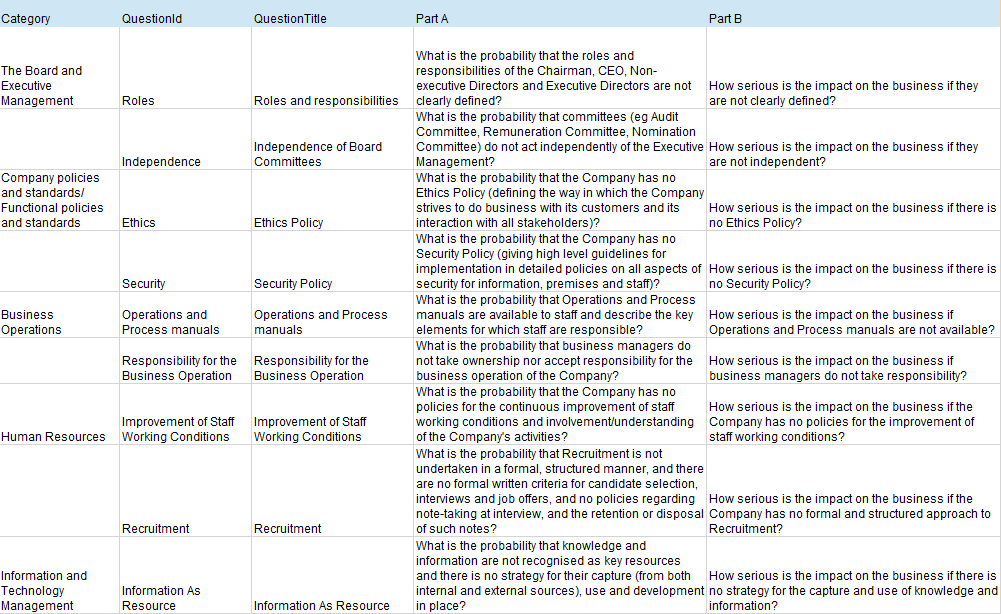construction insurance We can provide the following cover Construction Business is the at the heart of Almaseer being the first risk category written by us. We can provide cover for both Contractors All Risks (CAR) and Erection All Risks (EAR)…
Our financial and regulatory standards are also designed to match international standards.
We are chosen by and do business with some of the worlds largest companies, working with Regional, London, European, Far East and Lloyds, Insurance and Reinsurance Markets
© 2022, Al Maseer Insurance.
Developed by GTonics
quick links
Get in touch
- AlMansour, Alm’moun Street Baghdad, Iraq
-
+964 770 055 5624
+964 780 055 5624 -
8:30 AM to 3:00 PM EST
Saturday to Thursday
Newsletter
© 2022, Al Maseer Insurance.
Developed by GTonics
Almaseer Insurance strives to provide the most effective insurance policies which will be based on information provided by you. We ask for a great deal of information to help us calculate and offer our best terms but even with this we cannot guarantee that we can provide cover. We do not offer advice and the final decision about which cover to accept when an offer has been made is yours. You cannot assume cover has been effected by us until we confirm in writing that we are on risk and this can only happen once premium payment and your formal instructions have been provided
| No. | Asset Code | Vehicle Name | Type | Plate Number | Chassis Number | Quantity | Value | |
Construction All Risks (CAR) and Erection All Risks (EAR) cover provides the contractor and/or Principal protection for physical loss or damage occurring at the construction site caused by the perils covered within the Policy. the key difference between the two is
- CAR coverage is construction or contractor all risks and is used mainly for “the movement of dirt and concrete” building work.
- EAR or Erection All Risks coverage is used when “installing machinery and equipment.”
The table below sums up the key differences:
| CAR | EAR |
| Civil engineering projects | Machinery/equipment made in factories |
| Mainly constructed on site | Assembled on site |
| Material mainly concrete | Mainly steel and metal |
| No testing | Testing important consideration |
| Variable concentration of values | High concentration of values |
Principal Controlled Basis
Principal Controlled Insurance is designed for large development and construction projects with heavy financial requirements or where the Principal wishes to control the cost and extent of coverage provided.
Unlike traditional Project Insurance which insures the contractor and consultants, this type of insurance program insures the Principal as the insured and is extended to include Contractors & subcontractors with other professionals being added if required.
Traditionally, Principals have made it a contractual requirement for contractors and consultants to arrange and pay for the cover for the construction contract. The contractor will then build the price of the cover into the contract price.
However, by relying on contractors and sub contractors to place their own cover, this arrangement can cause significant problems for Principals, such as:
- Inaccurate description of the professional services being carried out,
- Inadequate cover for the work being undertaken or values at risk
- If the contractor has a policy covering a number of sites or if the cover is on an annual basis the potential for the exhaustion of any aggregate limit under their annual policies from a claim or claims not relating to the principals specific contract
- High deductibles
- Unexpected exclusions such as property damage and/or injuries or specific trades
- Unreasonable conditions such as loss mitigation
- Contractor not arranging the cover
Therefore, getting Principal Controlled Insurance gives the Principal full control over their insurance program and the costs involved with the cover.

Primary Cover
Primary Cover – the policy that responds first to an insured loss, either on a first dollar basis or after allowing for a deductible. When the primary coverage limits are paid, any remaining loss is covered by whatever excess layer of insurance may be in place.
Excess Cover
Excess Cover – An insurance policy which sits above and over a Primary cover so extending the limit of cover. It only comes into operation after the Primary Policy limits have been exhausted.
An Indemnity is a sum of money paid as compensation, in the case of a Insurance policy covering an Insureds Liabilities to third parties, it is the compensation that is payable to a third party where the Insured has been found legally liable for damage, personal injury or death to the third party by their negligent action.
Contractor arranged basis
Often under the contract between the Principal and the Main Contractor there will be a stipulation for the Contractor to arrange the Insurance coverage required to cover the Project / Works.
The contract will normally make it clear as to what cover is required regarding Wording, Perils, Limits Deductibles and who is to be covered (all subcontractors of the main contractor, consultants and sometimes key suppliers) and this will often need to be signed off by the Principal before the Contractor is allowed on site to start work.
The contract will often stipulate a number of additional cover clauses or extensions that will be required to be added to the contract to protect the interests of the Principal and often any financier of the project


